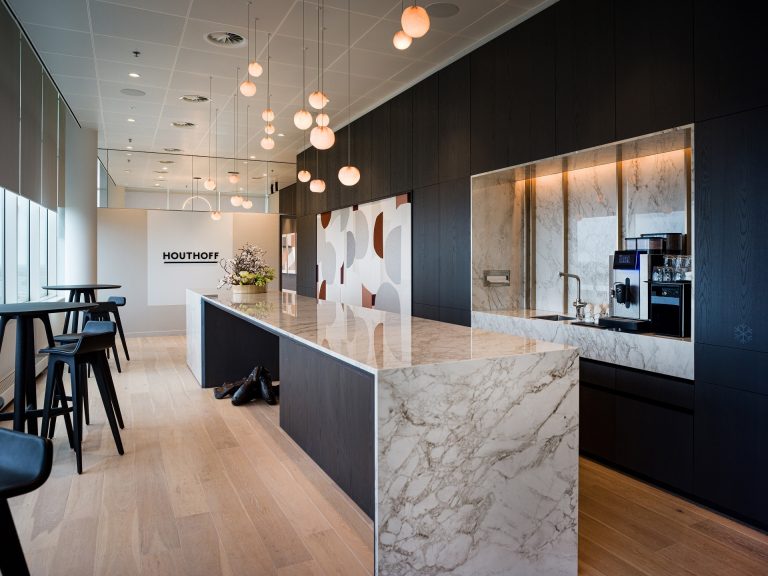Houthoff’s Arbitration Team has an international focus and is one of few in the Netherlands to devote all of its time and efforts to arbitration. We assist multinationals, financial institutions, government bodies and state companies in large and complex commercial and investment arbitrations. The team also regularly litigates in arbitration-related proceedings before the regular courts on matters such as the enforcement and setting aside of arbitral awards. A number of our specialists are regularly appointed as arbitrators and secretaries.
Our expertise in arbitration
Arbitration often involves extremely sector-specific disputes. Therefore, the Arbitration Team works very closely with our specialists in areas such as financing, competition law and liability law. We successfully represented clients in many arbitrations under different regulations, including the UNCITRAL Rules, and at many arbitration institutes, including the International Chamber of Commerce (ICC), the International Centre for Settlement of Investment Disputes (ICSID), the Netherlands Arbitration Institute (NAI) and the London Court of International Arbitration (LCIA).
Under certain conditions, international investors that have suffered significant losses can receive protection under the various bilateral investment treaties (BITs) that have been signed by the Netherlands and other states. They engage our arbitration specialists as their go-to counsel for structuring their companies in a way that ensures BIT protection and/or the possibility to recover such loss through the medium of investment arbitration.
Our experts at Houthoff have extensive experience in drafting and negotiating arbitration clauses. We ensure that any arbitration process we engage in is preceded by clear agreements. Our clients rely on us to provide sound advice on the recognition of international arbitral awards, and assistance with their enforcement. The arbitration team has a successful track record in substantial setting-aside and enforcement proceedings.
As the familiar faces in the most complex and high-profile arbitration cases, we at Houthoff offer our clients the highest possible quality advice and a well-thought-out litigation strategy.


















